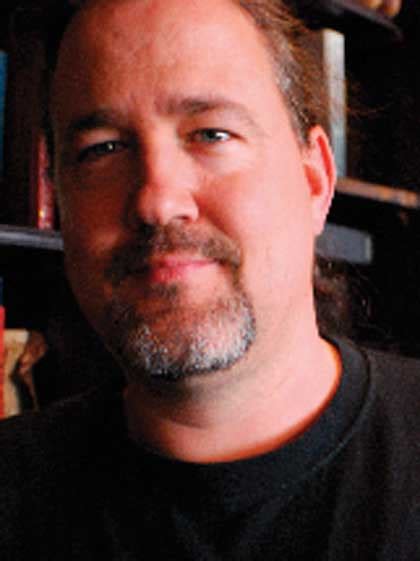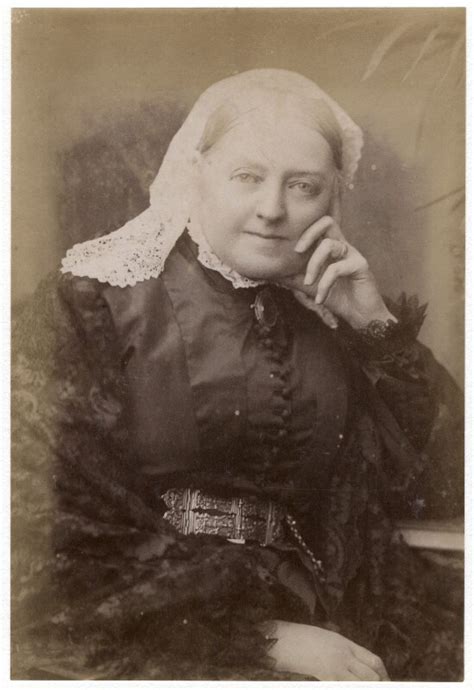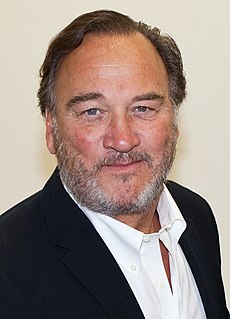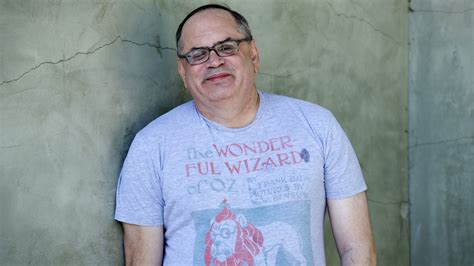A Quote by A. A. Milne
They're funny things, Accidents. You never have them till you're having them.
Quote Topics
Related Quotes
...after you stop wanting things is when having them won't make you go crazy. After you stop wanting them is when you can handle having them. Or before. But never during. If you get things when you really want them, you go crazy. Everything becomes distorted when something you really want is sitting in your lap.
Adventures are funny things.
Many are merely happy accidents—a single spark that ignites an unexpected chain of events.
But some adventures are meant for you and you alone.
And whether you want them or not, they seek you out of a great crowd and take you somewhere you never thought you’d go.
Often, these unlooked for adventures require a sacrifice too great to imagine.
Being tired of all illusions and of everything about illusions – the loss of illusions, the uselessness of having them, the prefatigue of having to have them in order to lose them, the sadness of having had them, the intellectual shame of having had them knowing that they would have to end this way.
I came upon whatever I'm doing organically. I didn't study anything. I don't have any real aspirations other than to connect with somebody, and to have the conversation be genuine. That's the best that can happen. Even if it only happens for 10 minutes in an episode. But I think what people forget is that you don't have to try to get a comedian to be funny. Comedians are innately funny. That the real challenge of talking to them is to get them talking about real things and then see where they need to be funny. And let them do that on their own volition.
Accidents happen, whether they're car accidents, friendly fire, drug overdoses. Accidents happen, and they're tragic. It's like a bomb that goes off and pieces of shrapnel rip into the flesh of the family. It's the families that need the compassion, because everywhere they walk, every day, someone reminds them of their loss.
...the tragedy of consumerism: one acquires more and more things without taking the time to ever see and know them, and thus one never truly enjoys them. One has without truly having. The consumer is right-there is pleasure to be had in good things, a sacred and almost unspeakable pleasure, but the consumer wrongly thinks that one finds this pleasure by having more and more possessions instead of possessing them more truly through grateful contemplation. And here we are, living in an economy that perpetuates this tragedy.


































